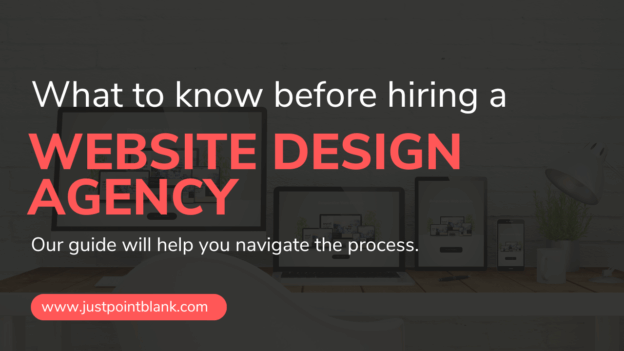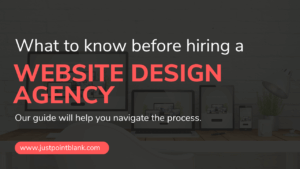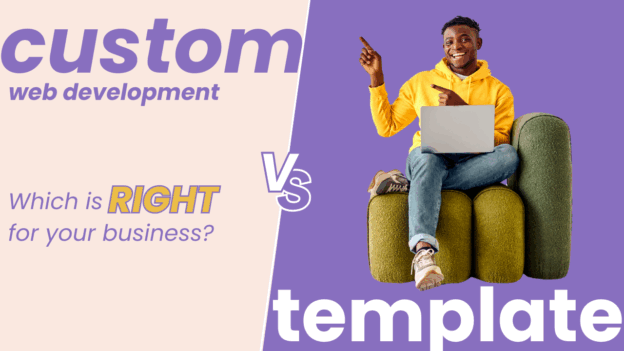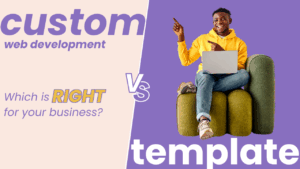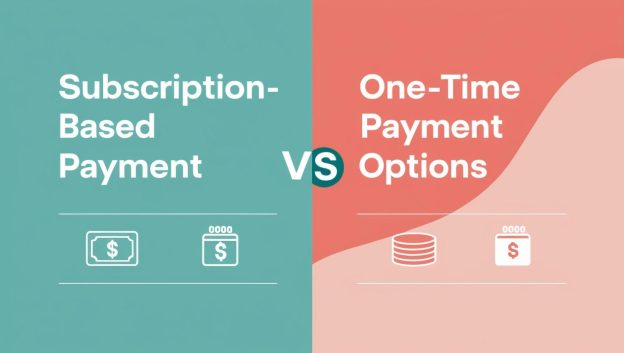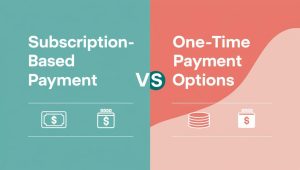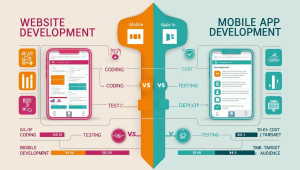Finding the Right Fit: Your Guide to Hiring a Website Design Agency
Your website is often the first impression you make on potential customers. It’s your digital storefront, your lead generation tool, and a key component of your brand identity. Choosing the right website design agency is therefore a critical decision that can significantly impact your business’s success. But with so many agencies vying for your attention, how do you make the right choice? Here’s a comprehensive guide to help you navigate the process.
1. Define Your Needs and Goals
Before you even begin your search, take the time to clearly define your needs and goals. What do you want your website to achieve? Are you looking to increase brand awareness, generate leads, drive sales, or provide customer support? What specific features and functionalities do you require? Do you need e-commerce capabilities, a blog, or a portfolio section?
Having a clear understanding of your objectives will help you narrow down your options and find a website design agency that specializes in your specific needs.
2. Research and Evaluate Potential Agencies
Once you know what you’re looking for, it’s time to start researching potential agencies. Look beyond the surface and delve into their portfolios, client testimonials, and case studies.
- Portfolio: Does the agency have experience designing websites in your industry? Do their designs align with your brand aesthetic? Are their websites user-friendly and responsive?
- Testimonials: What do past clients say about their experience working with the agency? Are they satisfied with the quality of the work, the communication, and the overall process?
- Case Studies: Can the agency demonstrate how their designs have helped clients achieve their business goals? Do they have a proven track record of success?
3. Understand Their Process
A reputable website design agency should have a well-defined process for designing and developing websites. This process should include:
- Discovery: A thorough understanding of your business, target audience, and goals.
- Planning: A detailed plan outlining the website’s structure, content, and functionality.
- Design: The creation of visually appealing and user-friendly designs.
- Development: The coding and implementation of the website.
- Testing: Rigorous testing to ensure the website is functional and error-free.
- Launch: A smooth and seamless launch of the website.
- Maintenance: Ongoing maintenance and support to keep the website running smoothly.
Make sure you understand the agency’s process and that you’re comfortable with their approach.
4. Consider SEO and Mobile-Friendliness
In today’s mobile-first world, it’s essential to have a website that is optimized for search engines and mobile devices. Ask potential agencies about their approach to SEO and mobile website design.
- SEO: Do they have experience optimizing websites for search engines? Do they understand keyword research, on-page optimization, and link building?
- Mobile-Friendliness: Are their websites responsive and optimized for mobile devices? Do they use a mobile-first approach to website design?
5. Discuss Budget and Timeline
Before you sign a contract, be sure to discuss budget and timeline with the agency. Get a clear understanding of the costs involved and the expected timeline for completion. Be wary of agencies that offer unrealistic timelines or prices that seem too good to be true.
6. Communication and Collaboration
Effective communication is essential for a successful website design project. Choose an agency that is responsive, communicative, and collaborative. They should be willing to listen to your ideas, provide constructive feedback, and keep you informed throughout the process.
Making the Right Choice
Choosing the right website design agency is a crucial decision that can have a significant impact on your business’s online success. By following these guidelines, you can make an informed decision and find an agency that is the right fit for your needs and goals.
At Just Pointblank, we understand the importance of a well-designed website. We work closely with our clients to create custom websites that are visually appealing, user-friendly, and optimized for search engines. Contact us today to learn more about our website design services.


